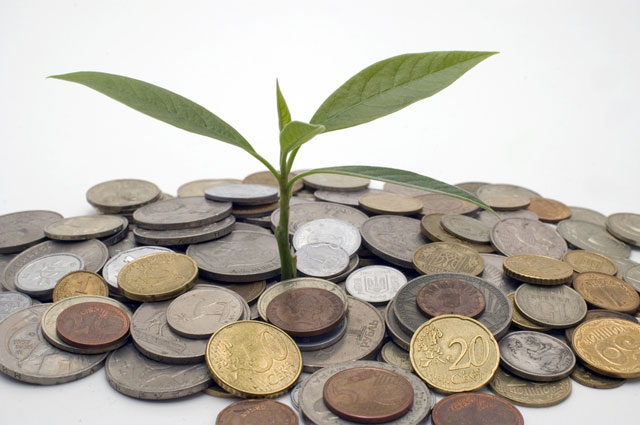When the co-founders of Big Path Capital, Shawn Lesser and Michael Whelchel, decided to launch an investment bank in the teeth of the brutal 2008 financial crisis, their friends and families thought they had lost their minds. “My father was really concerned. He said, ‘Are you sure that’s a good idea? It’s one thing to start a company in the best of times, but to start a financial services company in a financial recession?’” recounted Whelchel.
Yet it was the meltdown of the global economy that actually forced Lesser and Whelchel to find a better way to do business. During the Great Recession, Big Path Capital was formed to work with impact-minded companies and funds. “We knew incredible companies with great business models for simultaneously creating significant social and environmental impact,” recalls Whelchel. “We knew it didn’t have to be a trade-off. We thought: Let’s help these companies scale.”
In the beginning, they wondered if they might have been too early. “When we spoke about impact investing, making money, and making a difference, investors quipped ‘How much money am I going to lose?’” says Lesser. “While traditional investors didn’t get it, we were convinced it was a better way to invest.”
Like all scrappy start-ups, Big Path wasn’t too proud to cold-call. Whelchel and Lesser began by reaching out to companies in the Inc. 5000 list of fast-growing businesses that also demonstrated a positive impact focus.
One call in particular stood out. Whelchel phoned Matt O’Hayer, founder and CEO of Vital Farms, the pasture-raised egg company ranked as the fastest-growing food and beverage company in the Inc. 5000.
O’Hayer remembers getting the voicemail. “I would get several calls per week from investment bankers given Inc.’s coverage of us. When I got Whelchel’s voicemail about an investment bank dedicated to positive impact, I was intrigued,
if a bit suspicious. Investment bankers wanting to do good?”
O’Hayer engaged Big Path to secure impact investors that shared his values. “Everybody says get the highest. I have a different view. I wanted impact investors who get Vital Farm’s mission, as I believe that creates the most long-term value,” says O’Hayer. Big Path helped raise $50 million in transactions over several years, with escalating valuations, as Vital Farms needed the growth capital and as early investors were looking for partial liquidity. O’Hayer said, “I never thought
I would say that I liked an
investment banker.”
Big Path has come a long way from its cold-calling days. Today, Big Path Capital is described by the media as “impact investing’s investment bank.” The company, a Certified B Corporation, has worked with over 180 leading impact companies and funds — more than any other investment bank in the impact economy. Big Path’s clients have jointly raised billions of dollars and are examples of what Lesser and Whelchel call, “smarter money.” “We work with companies and funds that maximize return and impact — no trade-offs,” explains Whelchel. Mainstream financial giants such as Blackstone, BlackRock, KKR, TPG, and Apollo have entered the impacting-investing arena. And these large financial firms are now looking to deploy capital in Big Path’s clients.”
“It’s encouraging to see established financial firms recognize this as a growth opportunity,” adds Lesser.
A clear sign of the changing times: BlackRock CEO Larry Fink’s recent annual investor letter, in which he writes, “A company cannot achieve long-term profits without embracing purpose and considering the needs of a broad range of stakeholders… Ultimately, purpose is the engine of long-term profitability.” The winners of the Real Leaders Impact Awards — co-founded by Big Path and Real Leaders — represent companies around the world that embody the sentiment that profit and purpose are synergistic, not at odds.
“My dad was worried about me in 2008,” notes Whelchel. “Now he asks me why it took so long.” Some things don’t change.
But what is changing is that businesses are using the engine of capitalism to achieve greater profits for the greater good. Big Path aims to put more sustainable fuel — and capital — in that engine.




































